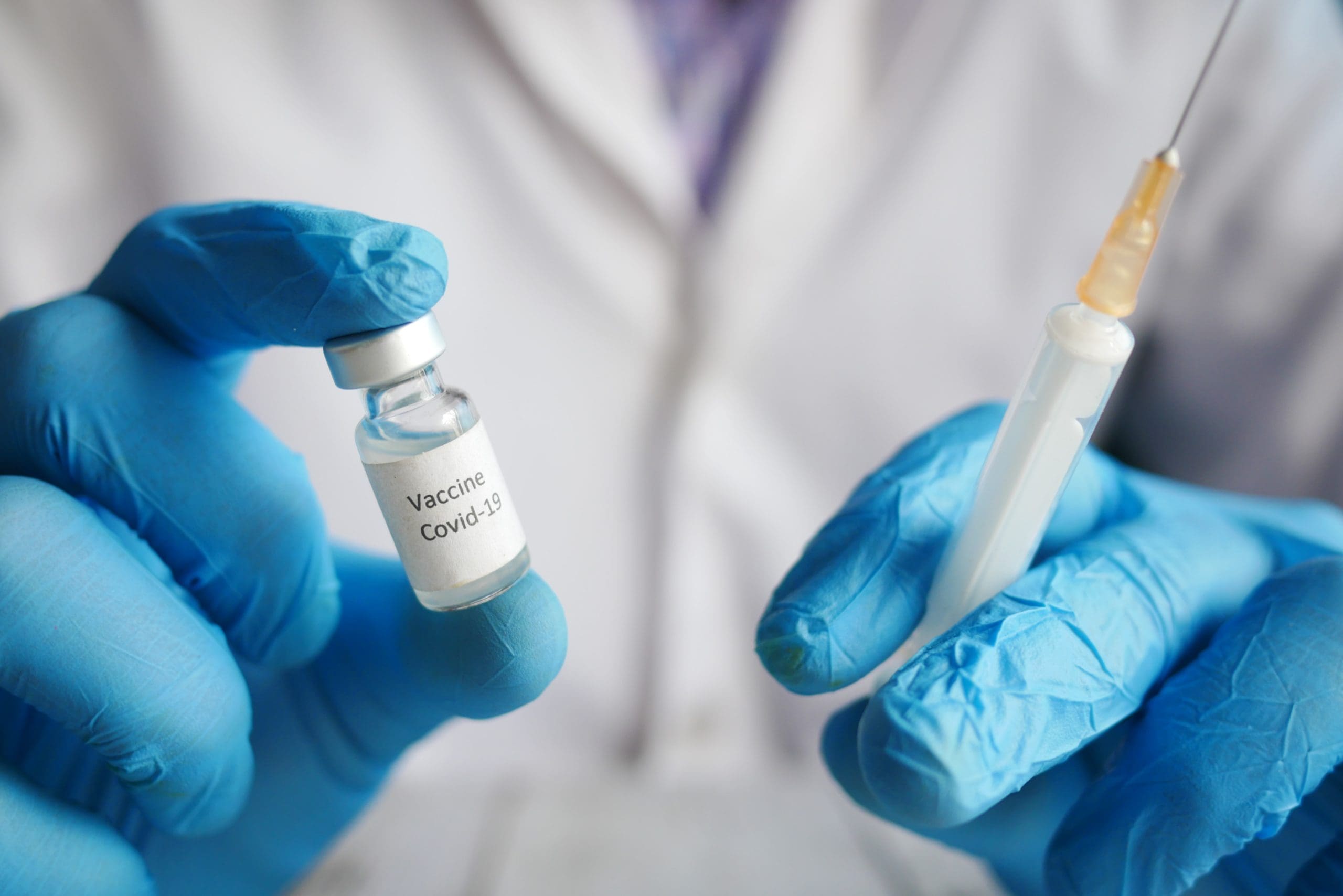It’s been two weeks since it was revealed that Gov. Greg Abbott and the Texas Department of State Health Services had entered into a contract to bring contact tracing to Texas. Questions are growing over what contact tracing exactly entails, how the agreement was reached, and details about the company put in charge of administering the program.
Here’s what we know so far.
What is contact tracing?
According to the Centers for Disease Control and Prevention, contact tracing is “a core disease control measure employed by local and state health department personnel for decades, … a key strategy for preventing further spread of COVID-19.”
As part of their professional duties, contact tracers are supposed to follow up with individuals testing positive for the virus and determine who they may have come into contact with while infectious. They then identify those who may have come into contact with the virus and urge (or force) them to get tested or exercise some form of social isolation with the stated goal of preventing the spread of the virus.
According to the CDC, contact tracers need to:
- Immediately identify and interview people with SARS CoV-2 infections and COVID-19 (i.e., disease)
- Support isolation of those who are infected
- Warn contacts of their exposure, assess their symptoms and risk, and provide instructions for next steps
- Link those with symptoms to testing and care
To aid in the process of identifying who has come into contact with infected individuals, technology giants Apple and Google have rushed to “enable the use of Bluetooth technology to help governments and health agencies reduce the spread of the virus, with user privacy and security central to the design.”
While the tech giants say user privacy is central to the design, the reality is far more concerning. In short, Apple and Google can force your smartphone to emit a signal to nearby phones and vice versa. Those devices could then maintain logs of who you’ve come in contact with, how long you were around them, and if you met up with someone next. Those logs could then be turned over to law enforcement.
Think of it as an activity log of who you’ve met with, where you’ve been, and how much time you spent with them that you would have to maintain—and turn over to police if they asked.
Such technological solutions have been strictly implemented in other countries, such as South Korea, creating a plethora of questions United States lawmakers have yet to answer. Questions like: Who controls that data? How much can they control? How can they use it?
The $295 Million Contract
Contact tracing first appeared on many Texans’ radars earlier this month when it was reported that the Texas Department of State Health Services would be entering a $295 million, 27-month deal with MTX Group, a firm based in Albany, New York, that recently set up shop in Frisco.
The agreement calls for hiring 4,500 call center agents over seven months, though MTX says it can source “well beyond 5,000 agents if required.” Abbott himself had previously promised to have 4,000 contact tracers deployed across the state by the end of this month.
While the contract stipulates that MTX Group must use E-Verify to determine the citizenship of those it employs, Texas residents are “preferred” but not required in the job qualifications for those making the phone calls.
A partially redacted copy of the contract has been obtained by Texas Scorecard and is available to view here.
What is MTX Group?
More than a dozen states have already signed contracts with MTX Group, but Texas will be among the first states to actually receive their contact tracing services.
A tech company first and foremost, the group’s website has little in the way of actual information concerning the history of the company, though recent press releases have described the firm as “a global implementation partner powered by the Maverick Artificial Intelligence platform that enables enterprises to become fit-enterprise by migrating to cloud technologies.”
How the group managed to obtain a nearly $300 million contract for such a large-scale program in Texas is, at this time, somewhat of a mystery. Lawmakers, including Lt. Gov. Dan Patrick, say they were never consulted on the process, and Texas Scorecard’s requests to the Department of State Health Services for information on the bids, as well as any other bidders, for the project have yet to be returned. Reportedly, however, some large companies—such as IBM and Accenture—had unsuccessfully submitted bids.
A look into political donations given to Texas legislators from those affiliated with the company reveals one donation of $2,500 given to State Rep. Jared Patterson (R–Frisco) by Nipa Nobel, the group’s chief marketing officer, co-founder, and wife of CEO Das Nobel.
What can citizens do?
Several lawmakers have criticized the agreement based on a concern over privacy and data management, while others have expressed frustration that such a large contract was signed without legislators being made aware. Many lawmakers scrambled to even find a copy of the contract to review after headlines began to hit the news.
Concerned citizens are encouraged to reach out to their state lawmakers, as well as Gov. Greg Abbott.





